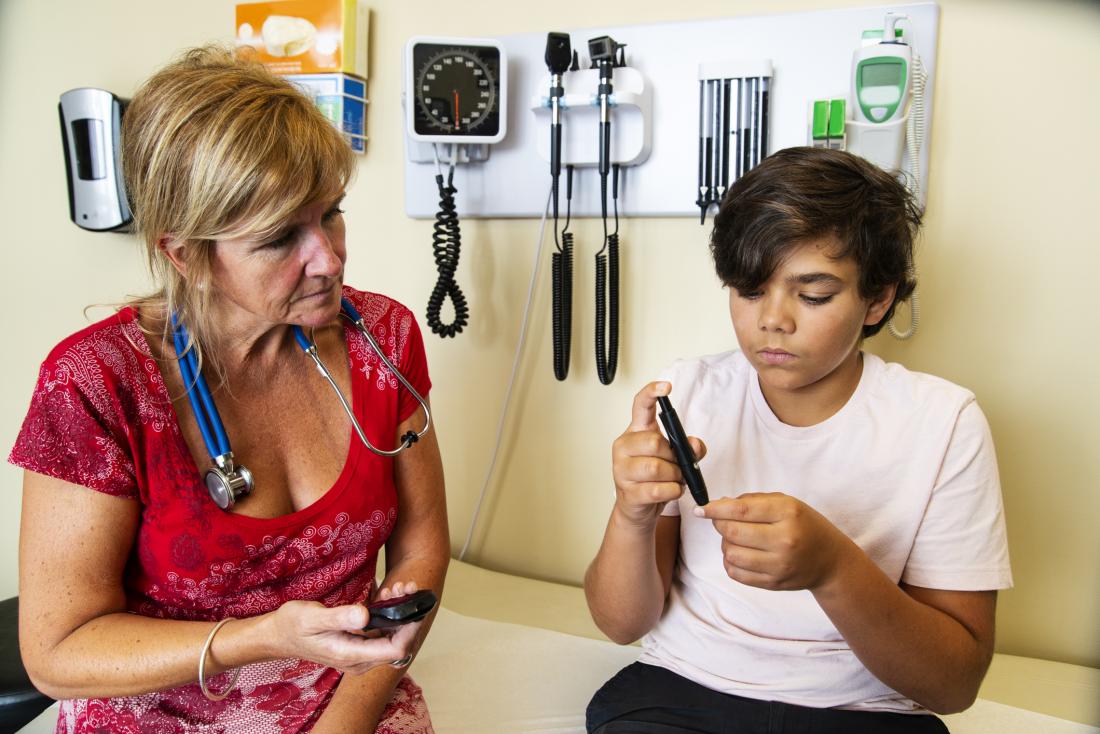Does the rotavirus vaccine prevent type 1 diabetes?

Scientists have highlighted a possible link between infection with rotavirus and an increased risk of developing type 1 diabetes. Undergoing vaccination against the pathogen may be an effective way to prevent the condition.
Type 1 diabetes is an autoimmune condition.
The exact reason a person develops this condition is unknown, but experts believe that a complex relationship between many genetic and environmental factors is at play.
A longstanding theory has implicated certain infections in early childhood as a trigger for type 1 diabetes — particularly in children who are genetically susceptible.
One such infection is rotavirus.
Infection with rotavirus causes gastroenteritis, also known as stomach flu. In infants, rotavirus is the most common cause of gastroenteritis.
Writing in the journal PLOS Pathogens, Dr. Leonard C. Harrison — a professor at the Walter and Eliza Hall Institute for Medical Research at the University of Melbourne in Australia — and colleagues present data that underpin their theory of a link between rotavirus and type 1 diabetes.
They point to two studies in particular that show a drop in new type 1 diabetes cases in children who received the rotavirus vaccine.
Rising rates and 'rooming-in'
Experts are warning that the number of people living with type 1 diabetes is on the rise.
In 2009, a group of European scientists published the results of a multicenter study that looked at almost 30,000 newly diagnosed cases of type 1 diabetes in children under the age of 15.
Based on these data, they predicted a "doubling of new cases of type 1 diabetes in European children younger than 5 years [...] between 2005 and 2020."
In Australia, Dr. Harrison writes, environmental factors very likely played a vital role in this increase.
"An interesting observation in the Australian context that may be relevant to [rotavirus] as a candidate environmental factor relates to the practice of mothers "rooming-in" with their newborns," he notes. "This was introduced in the 1970s and entailed mother and baby remaining together rather than separating the baby to a communal nursery at night."
Infections with rotavirus were common in newborn nurseries. Having babies stay with their mothers delayed their exposure to the virus.
Dr. Harrison cites research in mice suggesting that the timing of rotavirus exposure may be crucial.
When genetically susceptible newborn mice became infected with the virus, they did not go on to develop type 1 diabetes. However, animals exposed to rotavirus at a later time did.
